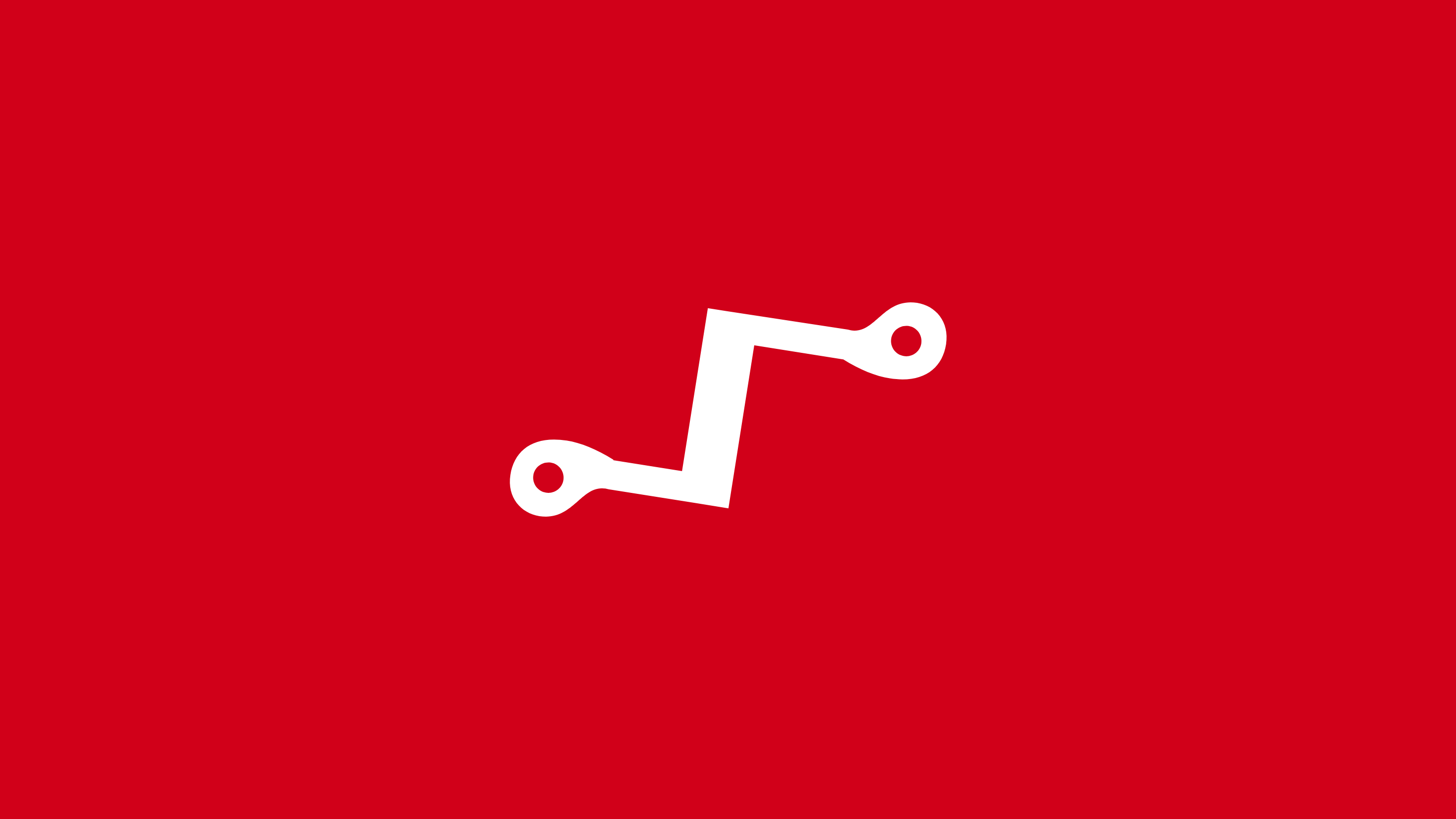On Monday, the Israeli parliament approved an essential part of the judicial reform proposed by the government of Prime Minister Benjamin Netanyahu, despite protests from various political and social quarters.
The vote came after a turbulent session, in which opposition deputies chanted “shame”, before leaving the hall, with the approval of the government’s proposal by a majority of 64 votes, with no one objecting.
The reform outlines sweeping changes that increase government powers in the judicial field, limit the ability of the Supreme Court to challenge parliamentary decisions, and change the way judges are selected.
Netanyahu and his government partners say the changes are necessary and, from the outset, have shown signs that they will not change their position, despite strong social protests.
The first step in a “historic process”
The protesters — representing different sectors of society — see the reform as a takeover fueled by the personal ambitions of Netanyahu, who is standing trial in a court case on corruption charges.
Justice Minister Yariv Levin – who was the architect of this reform – said that Parliament had taken “the first step in an important, historic process” of reforming the judicial system.
Now, more street protests are expected, as the Movement for Quality Government – an influential civil society group – has announced it will challenge Al-Islah to the Supreme Court.
“No one can predict the extent of damage and social unrest that will follow the passage of the legislation,” the group said in a statement.
The president and the opposition wanted a delay
On Sunday, Israeli President Isaac Herzog presented a new proposal to try to reach a deal on judicial reform, which provides for a 15-month delay, an initiative joined by opposition leader Yair Lapid.
Herzog’s proposal proposed paralyzing the judicial reform approval process for 15 months, Lapid explained and was published by The Jerusalem Post.
However, the House of Representatives decided today to ignore this attempt to mediate the dispute, and to move forward with its approval of a document that will continue to provoke popular protests in the various judicial, military and civil sectors.
Adding pressure on Netanyahu, thousands of reservists have declared their refusal to serve under a government that is taking measures they see as putting the country on the path to dictatorship.
On the way to “disaster”
Politically, before today’s vote, Yair Lapid announced his opposition in clear terms. “We are heading towards disaster,” he said.
The vote took place a few hours after Netanyahu was discharged from the hospital, where he was scheduled to undergo a heart operation, in a hospital that added more drama to this parliamentary session.
As MPs debated in parliament, tens of thousands of people gathered for rallies for and against the plan.

“Hardcore alcohol maven. Hipster-friendly analyst. Introvert. Devoted social media advocate.”


